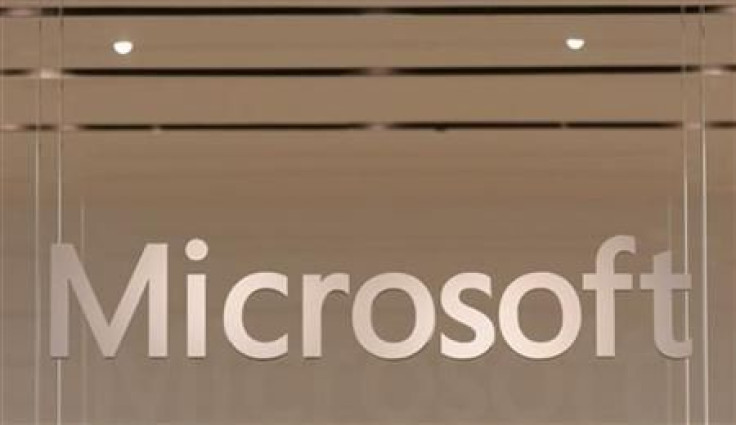What Next After Microsoft Stopped Supporting Older IEs In Windows 7/8.1

Last week, Microsoft ended the support for older versions of the once-prominent browser Internet Explorer. This means, the tech giant will not update the browser with security patches or any other forms of technical support. Older versions of IE users with Windows 7/8.1 are therefore advised to install Microsoft’s powerful Internet Explorer 11.
In case, users decide to continue using the older IE versions, the security risks are immense and some are outright harmful. For instance, users may be subjected to “malvertising,” USA Today noted. This terminology is used to describe the seeding of malicious code in ads so as to damage unaware users’ devices.
The IE 11, on the other hand, guarantees security in addition to offering better support for Web standards. Speaking of Windows 10, the brand new Edge browser is apparently better than IE 11 and it is comparatively faster.
When it comes to Windows 7, the IE 11 apparently has some issues with regard to Flash. This version of IE 11 does not come with “locked-down version of Adobe’s Flash player.” This means, the Flash won’t get updated automatically by the built-in “Windows Update software.”
Flash, in general, is known for its vulnerabilities. Only in October last year, Adobe released a regular monthly security patch for the Flash Player. However, the next day, the company acknowledged that a major security vulnerability has been found that affects every version of Flash specific to Windows, Mac and Linux platforms, BGR reported. This particular exploit was very critical that hackers were able to take full control of the infected system.
Following the confirmation of the exploit, Flash users were asked to uninstall the Player completely to protect the system. This means, not having the Flash player under Microsoft’s own Windows Update software puts the users under risk of possible attacks.
Apart from the Flash Player vulnerability, IE 11 on Windows 7 is reportedly much slower when compared to other browsers like Chrome, Firefox and Opera, ZDNet noted. Therefore, if users are still running the Windows 7, it’s better to upgrade to IE 11, in addition to uninstalling Flash. Alternatively, users can install Google’s Chrome, according to USA Today.
If readers are wondering -- Why Chrome? As a matter of fact, this browser is fast, reliable and it offers a much safer way to handle the Flash content. Chrome’s Flash plug-in runs safely inside a locked-down “sandbox.” For those uninitiated, sandbox is an isolated environment where a program can be executed or tested to prevent accidental damage to other parts of the system.
Chrome only runs unavoidable Flash content and skips the rest. This means, Chrome will run the video clip that users intend to watch, but it may not allow animations. For more information on Windows 7, readers can check out Microsoft’s official Website.
In the case of Windows XP and Vista, users can install Firefox or Opera to get with the everyday routine. It is worth noting that Google Chrome stopped supporting the aforesaid Windows versions in November last year.
© Copyright IBTimes 2024. All rights reserved.











